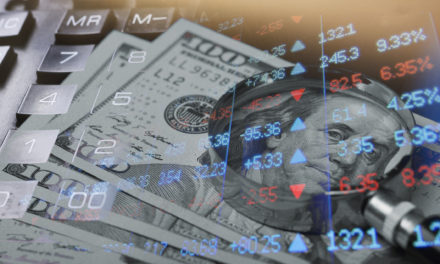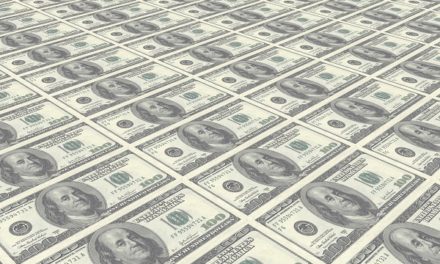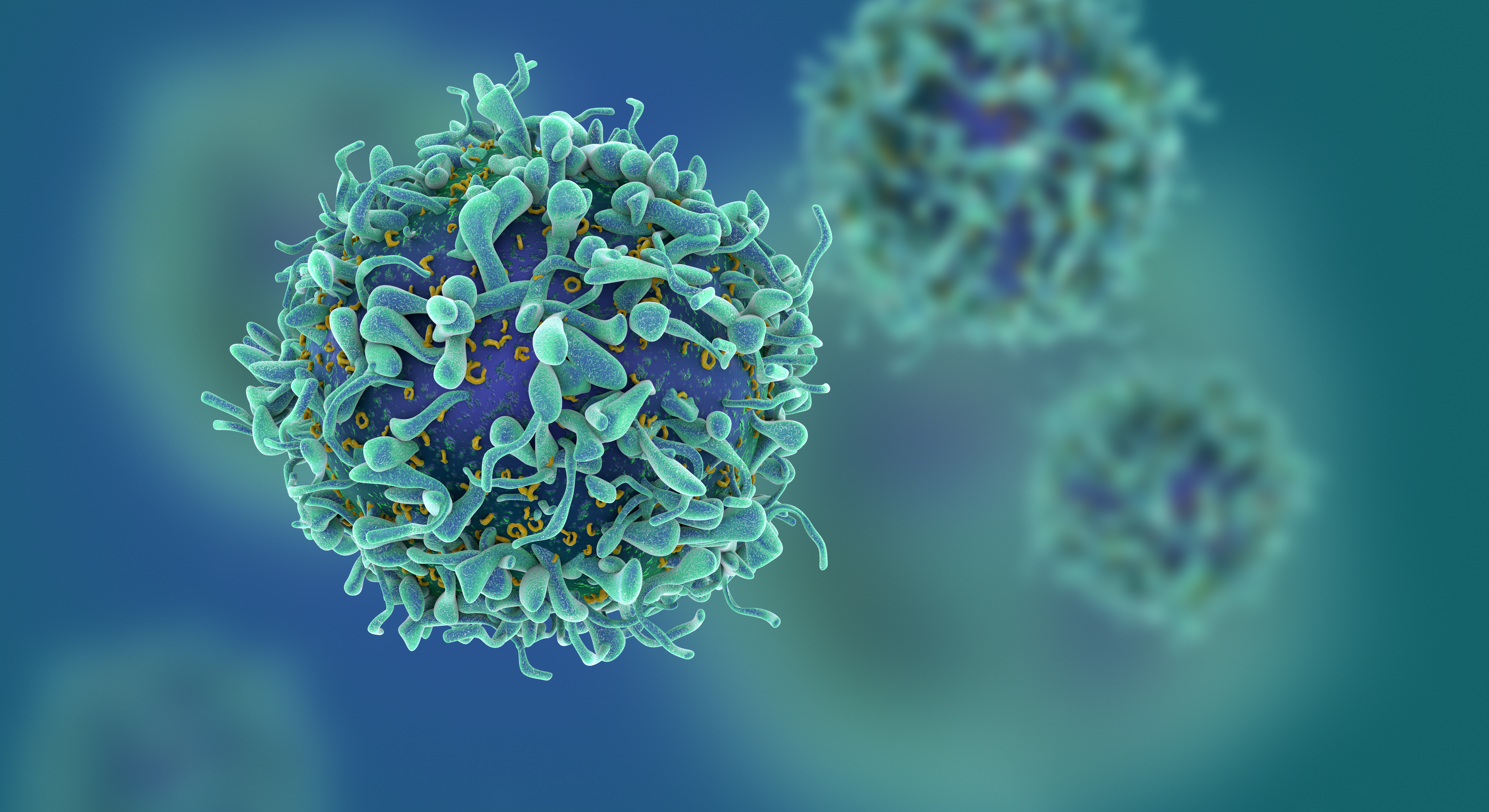
“Someone’s sitting in the shade today because someone planted a tree a long time ago.”
— Warren Buffett
Such a great quote from Warren Buffett, highlighting the importance of investment time horizon when considering making an investment. In the short run, who knows what the stock market will do? A week or two after buying any given stock, could the entire stock market fall out of bed? Quite possibly! Should that happen, how would you react? It is an excellent question to think about before hitting the buy button.
For investors who take a multi-year time horizon, the important thing is not what happens in the next week or two, but what the result will be over the long haul. Today, we look at the result investors of the year 2005 experienced, who considered an investment in shares of Avery Dennison Corp (NYSE: AVY) and decided upon a two-decade investment time horizon.
| Start date: | 01/03/2005 |
|
|||
| End date: | 12/31/2024 | ||||
| Start price/share: | $59.17 | ||||
| End price/share: | $187.13 | ||||
| Starting shares: | 169.00 | ||||
| Ending shares: | 277.46 | ||||
| Dividends reinvested/share: | $36.60 | ||||
| Total return: | 419.21% | ||||
| Average annual return: | 8.58% | ||||
| Starting investment: | $10,000.00 | ||||
| Ending investment: | $51,903.02 | ||||
The above analysis shows the two-decade investment result worked out well, with an annualized rate of return of 8.58%. This would have turned a $10K investment made 20 years ago into $51,903.02 today (as of 12/31/2024). On a total return basis, that’s a result of 419.21% (something to think about: how might AVY shares perform over the next 20 years?). [These numbers were computed with the Dividend Channel DRIP Returns Calculator.]
Notice that Avery Dennison Corp paid investors a total of $36.60/share in dividends over the 20 holding period, marking a second component of the total return beyond share price change alone. Much like watering a tree, reinvesting dividends can help an investment to grow over time — for the above calculations we assume dividend reinvestment (and for this exercise the closing price on ex-date is used for the reinvestment of a given dividend).
Based upon the most recent annualized dividend rate of 3.52/share, we calculate that AVY has a current yield of approximately 1.88%. Another interesting datapoint we can examine is ‘yield on cost’ — in other words, we can express the current annualized dividend of 3.52 against the original $59.17/share purchase price. This works out to a yield on cost of 3.18%.
One more investment quote to leave you with:
“You make most of your money in a bear market, you just don’t realize it at the time.” — Shelby Davis




